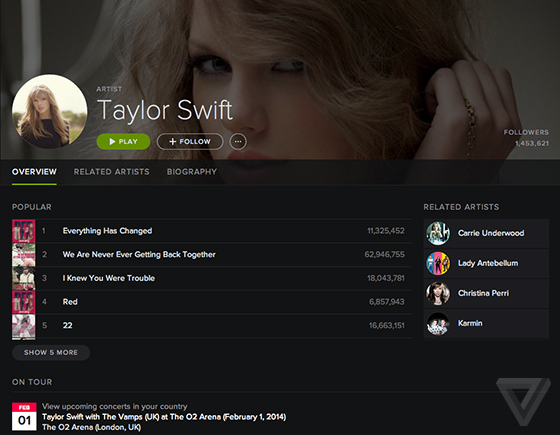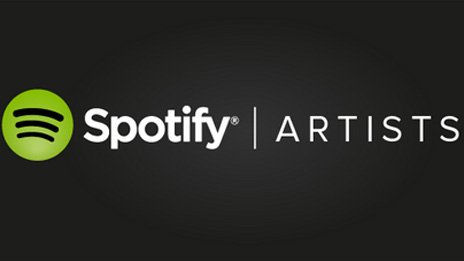I'm posting this plan for
today to demonstrate the gap between inner narrative and outward expression.
I have a feeling some of you may do this more naturally and easily than I
do. But we're all the protagonist in our own stories, and for me, planning -
especially in my own quick-and-casual language - is the way I try to make the
story worth telling.
I'm my worst critic, but my best booster and coach. If I believe
in myself, then I start to listen more to the plan-y part who wants what's best for
me, and it's a virtuous circle. Happy Wednesday everyone.
Wednesday! 6/14
7:20-7:30 snooze
7:30-8:00 shower, groom, change into something colorful
8:00-8:30 log on, destroy emails
8:30 get breakfast. Muffin and orange at whole foods? Or
just cereal.
8:50 deal with silly yellow sticky note backlog
9:00~9:55 update ISM M&A query to work with CurrentRpts, and have 'actual' dates. I think Functional Team join is the only big thing, and
then debugging.
(9:10 have water. drink water)
10:00 email Jon Yoo, ask for a revival of our conversation, this
Friday or early next week.
10:15 Take an internet break if you feel good. Text Paroma.
10:45-12:00 look at case 10 powerpoint generation. Do what
you can do to make it part of everything..
12:00-12:20 eat something in the fridge. anything. and drink
water.
12:20 think about what should go in my PA for TESS.
1:00 lunch, sandwich and things you got.
1:30 email James about release manager data, Norm about scheduling next steps, anything else for quarterly meeting.
2:00-3:30 try to write written and video documentation for ISM.
Find draft you wrote on the airplane. continue and think about when
to finish this by PA time.
3:30-3:45 break, are you still drinking water
Check out Nord piano sounds, put some more on if you have time.
3:45-5:45 more ISM M&A query, ppt gen, and scheduling next steps
(Susan?), TBD by how the day goes
5:45-6:00 - read the dang short story.
6:00 go to book club. bike you lazy :*
8:00 get dinner with em. talk to people. have fun.
evening - figure out when to see Ty, Lauren, and who to go with to
SBT Fri. When am I actually around? post it.
Sleep at, like, 11? Before midnight at least!














